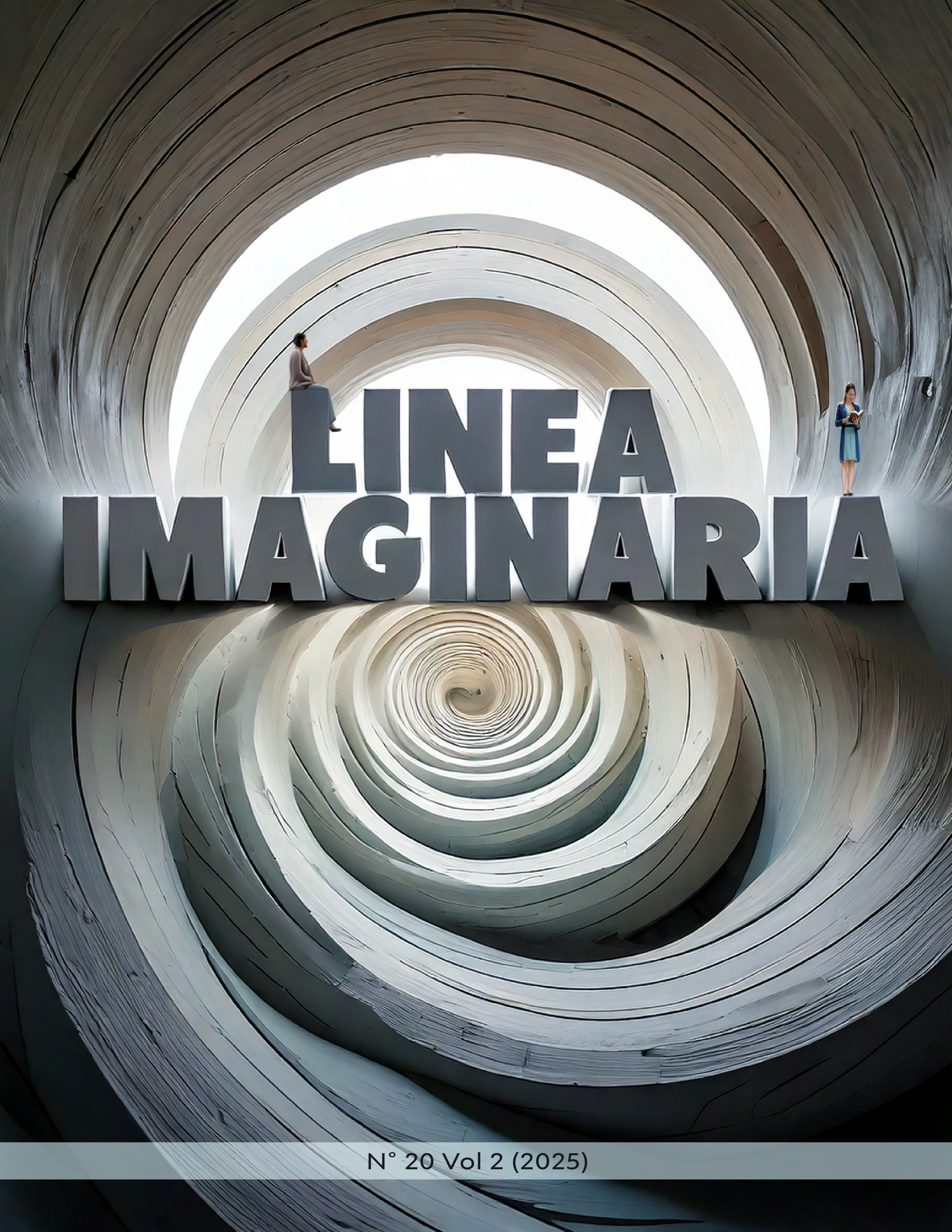THE ROLE OF THE FAMILY IN THE INTEGRAL DEVELOPMENT OF THE PRESCHOOL STUDENT
DOI:
https://doi.org/10.56219/lneaimaginaria.v2i20.3758Keywords:
family participation, comprehensive development, preschool grade, parenting guidelinesAbstract
The purpose of this article was to analyze the importance of the family for the comprehensive development of the preschool student. When referring to that development, factors such as games, arts, sports and the construction of personality must be taken into account. To achieve the previous objective, the essay started from theoretical constructs such as family participation and comprehensive development of the preschool student. In the methodological field, this work was based on the analysis and discussion of scientific literature regarding preschool, and the theoretical postulates in question. Accordingly, valuable results were obtained to the extent that it was possible to determine units of analysis to establish the incidence of the family in the preschool grade; A correspondence was established between good academic and behavioral performance, with good parenting guidelines and family support; Comprehensive training was sized as a set of actions and knowledge that goes beyond the academic and cognitive field. Finally, the role of the family in the comprehensive development of the student should be considered as a fundamental thematic unit for any line of research in education.
Downloads
References
Angulo, H. Aguayo, Á. Farfán. G. y Delgado, S. (2020). Análisis del desarrollo integral infantil desde la perspectiva de las actividades en el nivel preescolar. Rehuso, 5(2), 42-49: https://revistas.utm.edu.ec/index.php/Rehuso/article/view/1684
Barahona, y. Sánchez, J. Ramírez, M. Y Verdesoto, L. (2023). Importancia de la familia en el aprendizaje preescolar. Pol. CON, 8 (3), 2835-2848. http://polodelconocimiento.com/ojs/index.php/es
Barragán Parra, L. y Camargo Lombana, C. (2020). Fortalecimiento de la calidad educativa a partir de los convenios de cooperación interinstitucional: un caso desde la educación artística. Voces Y Silencios. Revista Latinoamericana De Educación, 11(1), 112-127. https://doi.org/10.18175/VyS11.1.2020.6
Bernate, J. (2021). Educación Física y su contribución al desarrollo integral de la motricidad. PODIUM - Revista de Ciencia y Tecnología en la Cultura Física, 16(2), 643-661. https://podium.upr.edu.cu/index.php/podium/article/view/957
Bosquez, G. Pilligua, R. Fernández, L. y Ortiz, W. (2024). La participación activa de la familia y la comunidad en el proceso pedagógico de la escuela “Rosa Dominga Yuma”. Maestro y Sociedad, 21(2), 810-824. https://maestroysociedad.uo.edu.cu
Campos, D. Y Solovieta, Y. (2022). Formación de la Personalidad y la Edad Preescolar desde el Paradigma Histórico-Cultural. INTEGRA2 REVISTA ELECTRÓNICA DE EDUCACIÓN ESPECIAL Y FAMILIA, 13 (1), 44 -61. https://www.fcdh.uatx.mx:80/media/integra2/articulo_completo/Integra2-_Ene-Jun22_Art_4_completo_ZzVG9yp.pdf
Carvajal, C. Y Castillo, P. (2018). Estudio metodológico de las variables que componen el constructo de “apoyo y participación de la familia en los procesos educativos”. Estudios Pedagógicos, 44(1), 115-133. https://www.scielo.cl/pdf/estped/v44n1/0718-0705-estped-44-01-00115.pdf
Hernández, L. Gamboa, M. Y Hechavarría, A. (2018). LA ATENCIÓN DE LA FAMILIA A LAS CONDUCTAS NO HABITUALES EN LA EDUCACIÓN PREESCOLAR. Revista Atlante. En línea. https://www.eumed.net/rev/atlante/2018/07/familia-conductas-prescolar.html//hdl.handle.net/20.500.11763/atlante1807familia-conductas-prescolar
Ley General de Educación, Ley 115 de febrero 8 de 1994. https://www.mineducacion.gov.co/1621/articles-85906_archivo_pdf.pdf
Pérez, M. (2000). Escuela de padres un modelo centrado en valores. Acta colombiana de psicología, (3), 63 -79. https://actacolombianapsicologia. ucatolica.edu.co/article/view/613
Portnoy, H. & Mejía, G. (2020). Propuesta de una estrategia pedagógica para motivar la participación de los padres de familia en el proceso de aprendizaje de los niños y niñas del nivel de transición, en la Institución Educativa la Palma, del municipio de Morales, Bolívar. [Tesis Maestría, Universidad Autónoma de Bucaramanga]: http://hdl.handle.net/20.500.12749/11444
Sepúlveda, K. (2024) PROCESOS DE MEDIACIÓN DE LOS PADRES Y/O CUIDADORES PARA EL DESARROLLO DE LA DIMENSIÓN COMUNICATIVA EN NIÑOS DE GRADO DE TRANSICIÓN. [Tesis Doctoral, UNIVERSIDAD PEDAGÓGICA EXPERIMENTAL LIBERTADOR] https://espacio.digital.upel.edu.ve/index.php/TD/article/view/1152/1027
Downloads
Published
How to Cite
Issue
Section
License
Copyright (c) 2025 LÍNEA IMAGINARIA

This work is licensed under a Creative Commons Attribution-NonCommercial-ShareAlike 4.0 International License.
La revista Línea Imaginaria conserva los derechos patrimoniales (copyright) de las obras publicadas, que favorece y permite la reutilización de los mismos bajo la licencia Creative Commons Atribución-NoComercial-CompartirIgual 4.0 , por lo cual se pueden copiar, usar, difundir, transmitir y exponer públicamente, siempre que se cite la autoría y fuente original de su publicación (revista, editorial, URL y DOI de la obra), no se usen para fines comerciales u onerosos y se mencione la existencia y especificaciones de esta licencia de uso. Si remezcla, transforma o crea a partir del material, debe distribuir su contribución bajo la misma licencia del original.














